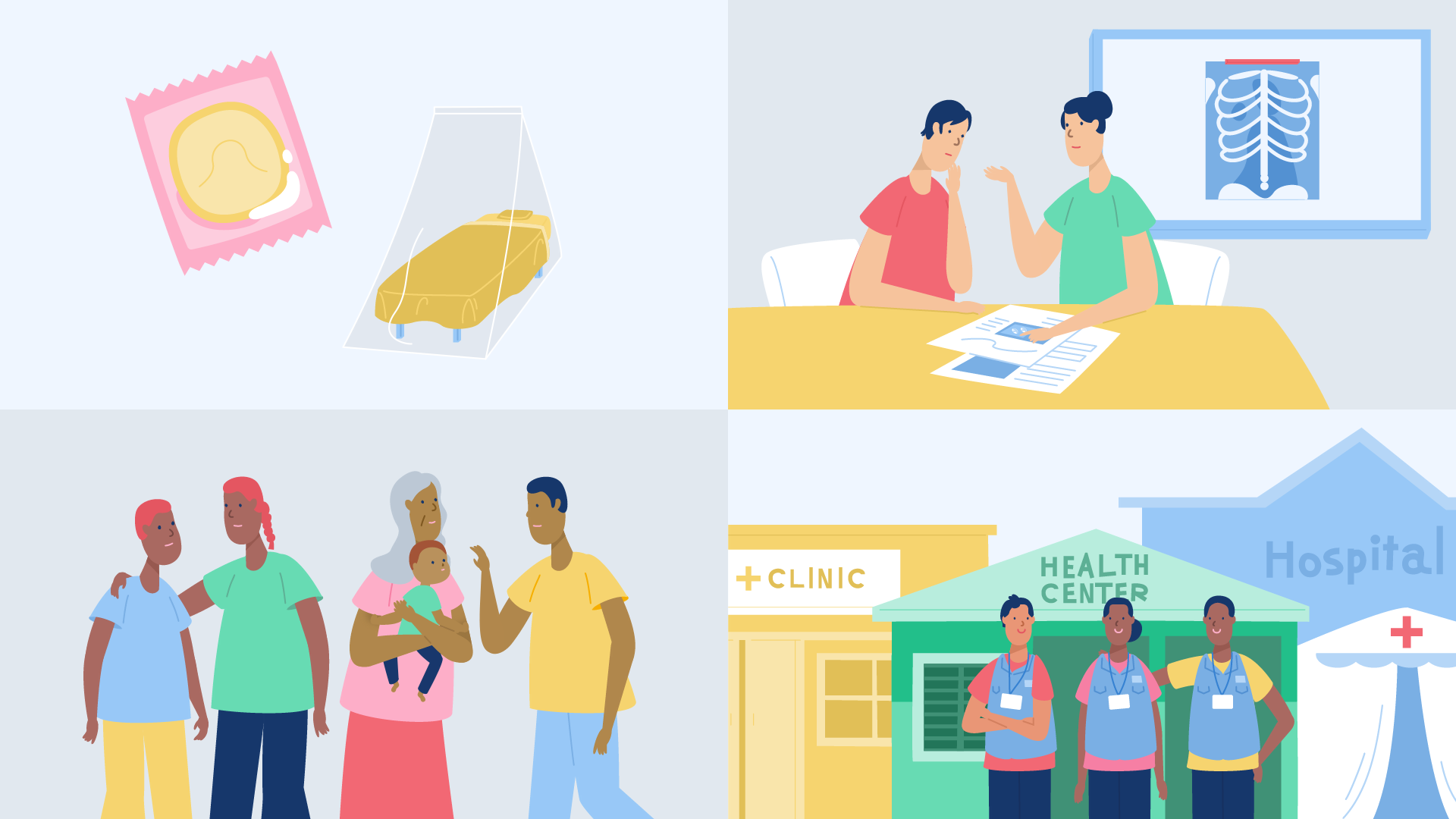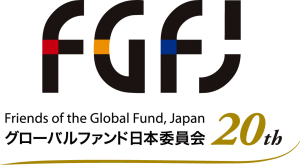
The Global Fund to Fight AIDS, Tuberculosis and Malaria (Global Fund) and FGFJ have come together to produce an animated video in Japanese (with English subtitles) introducing the roles and impacts of the Global Fund and it’s partnership over the past 20 years in the fight against the three major infectious diseases globally.
This video dives into the creation of the Global Fund, noting the G8 Kyushu-Okinawa Summit in 2000 where Japan had included infectious diseases as a main agenda point and the Global Fund was first conceptualized. Explaining the fight against HIV/AIDS, tuberculosis and malaria, and what it takes to combat these infectious diseases, the animation takes note of the necessity for supporting the Global Fund as it works towards providing testing, procuring medication and treatments, raising awareness for prevention, and analyzing the efficacy of the work being done on the ground.
As the Global Fund’s fifth largest donor, Japan has contributed nearly US$4 billion, helping save over 38 million lives across the world in the last 18 years.
To view this video, please click below or visit the FGFJ Youtube Playlist.
English Transcription:
Have you ever heard of the world’s three major infectious diseases?
With the spread of COVID-19, infectious diseases have become a familiar subject, but HIV/AIDS, tuberculosis, and malaria are among the most deadly diseases that have claimed many lives over the years.
These were, and still are, daily threats to people around the world.
There are, however, measures that can be taken to tackle them.
Transmission of HIV can be prevented by the use of condoms and medication can suppress the virus.
For tuberculosis, x-ray tests and effective treatment are available.
Malaria, which is transmitted by mosquitoes, can be prevented by the use of bednets and can be treated with medication.
But…it costs money to take action.
Funding is needed to provide testing, procure medication, and raise awareness for prevention.
The reality is that many lives that could have been saved are lost in countries with low incomes that cannot secure the necessary funds for these measures.
To remedy the situation, in 2000 at the G8 Kyushu-Okinawa Summit, Japan as the host country put infectious diseases as a main agenda,
which led to the creation of us, the Global Fund, in 2002 in Switzerland. It is an international organization to fight the three major infectious diseases.
Our role is to collect funds from governments, private foundations, and corporations and provide them to countries in need.
To date, we have raised 55.5 billion dollars.
As the world’s fifth largest donor, the people of Japan have also made a significant contribution.
The funds raised are being distributed to more than 150 countries and regions
to support country-owned activities on prevention, testing, treatment and care of the world’s three major infectious diseases as well as to support affected communities and strengthen health systems.
The Global Fund analyzes the reports from each country and discusses with the affected communities and others to ensure more effective use of funding.
As a result of these activities, the number of deaths from the world’s three major infectious diseases has decreased significantly, to the level that we may aim to end the epidemics.
Over the past 18 years, a total of 38 million lives have been saved.
In addition, the know-how and networks (supply chain, information system, human resources) that the Global Fund has acquired through its activities are also contributing to the fight against new infectious diseases like COVID-19.
In today’s world where people and goods move across borders, no one can feel safe unless the threat of infectious diseases is eliminated from the world.
The Global Fund will continue to work hand in hand with people around the world to save lives from the world’s three major infectious diseases.

